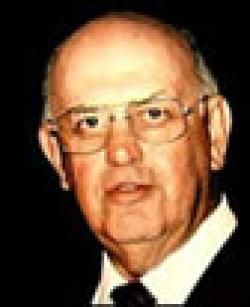
Published date
7 August 1985
A delegation of the South African Council of Churches (SACC) met with President P W Botha and other government leaders, following calls by the church for urgent discussions on the causes of unrest, forced removals and the emergency regulations in the country.
The decision to meet the President came after a heated debate during the SACC June conference. The debate was between those who believed that such a meeting would bear no fruits and those who believed that it was a religious duty to speak to those in power. The other controversy surrounding this meeting was the composition of the delegation. It was not clear whether the delegation would be a mainly White or a White only delegation to discuss matters affecting mainly black people. The SACC delegation was weakened by the withdrawal of people like Desmond Tutu and Bishop Manas Buthelezi.
The SACC was founded in the mid 1930s as the Christian Council of South Africa to coordinate the activities of Christian churches around South Africa. In 1968, the CCSA changed its name to the South African Council of Churches as it became more vocal in its criticism of the apartheid government.
In 1987, the SACC adopted the Lusaka Statement. The adoption of the Lusaka statement was an acceptance by South African churches that the use of force was justified only as a means to end oppression. This move by the SACC gave the armed struggle a theological backing.
Click here to read a Sechaba article the Churches Identifies with the People. Click here to read an article Christian Resistance to Apartheid in South Africa. Click here to read an article by Archbishop Desmond Tutu
References
Le Grange, C. (1985). Mandate for Russell, prickly pear for church, Weekly Mail and Guardian, vol 1, no 2, pg 1.